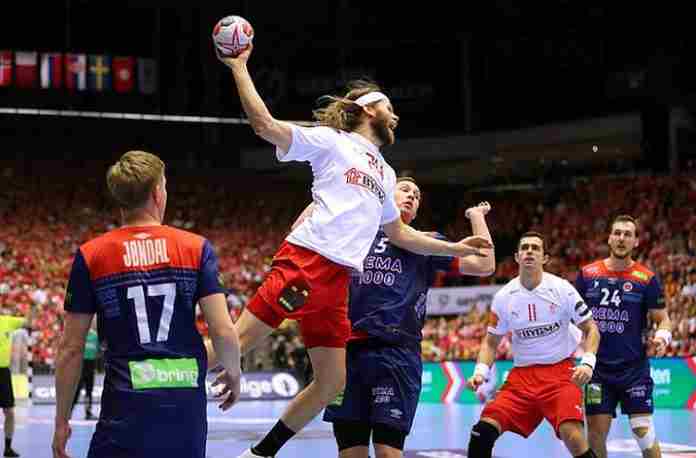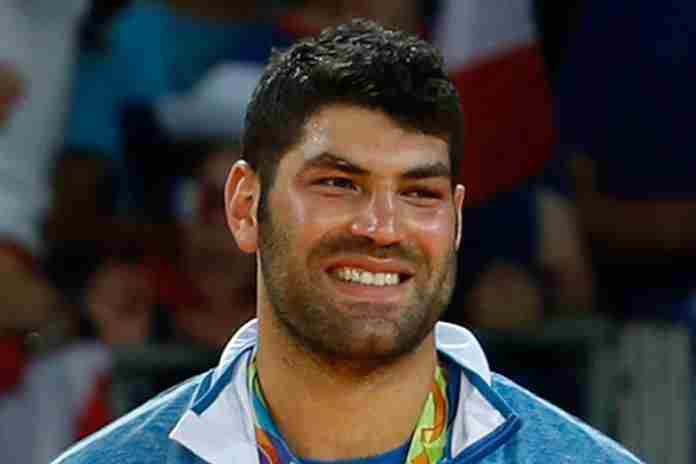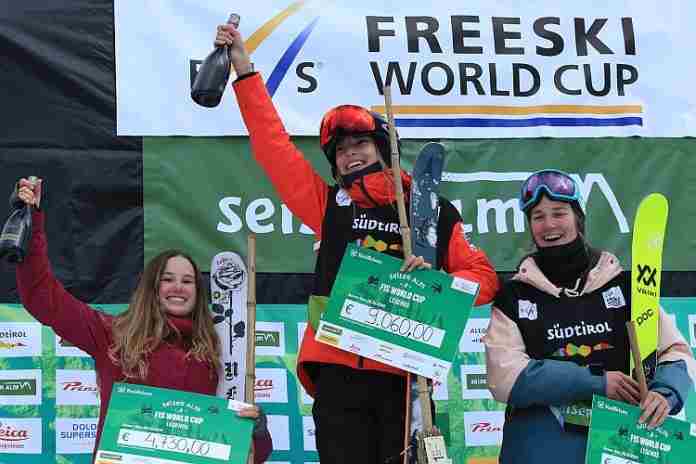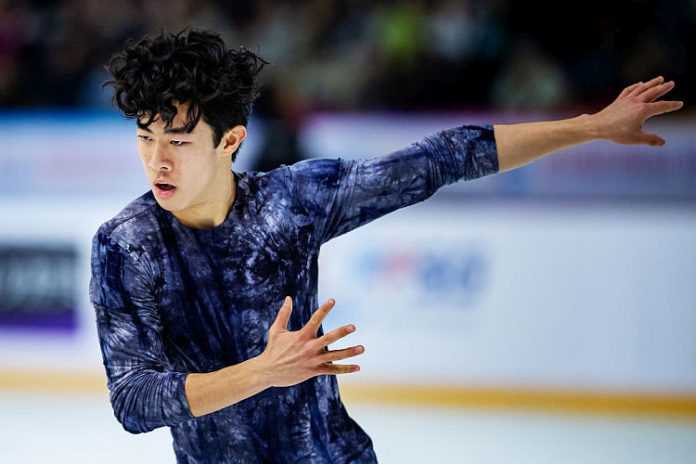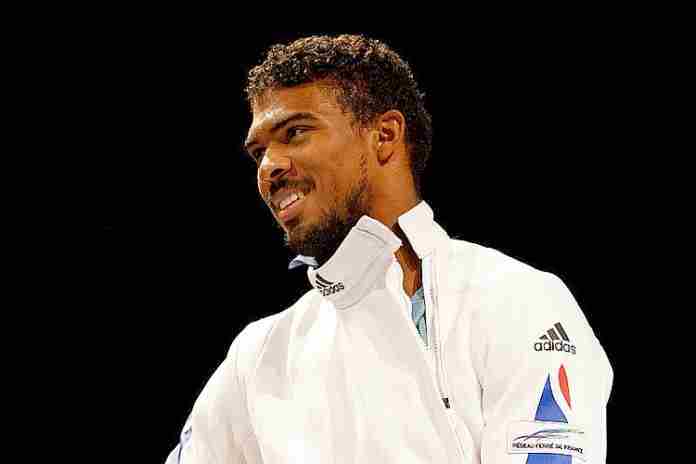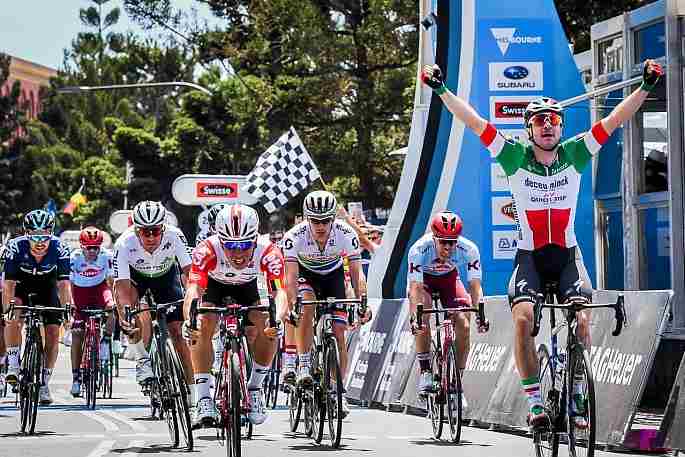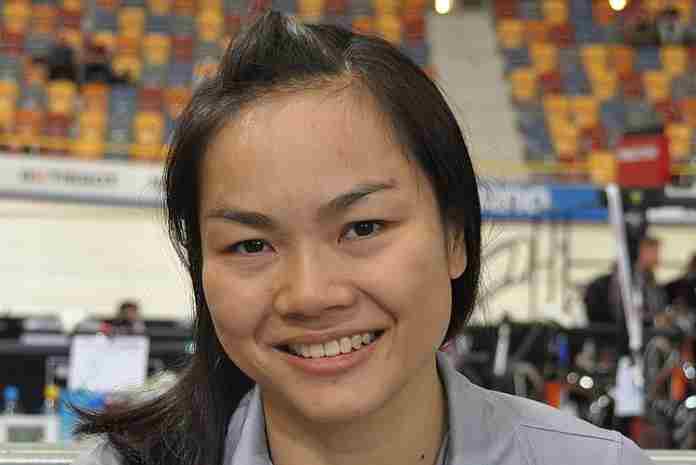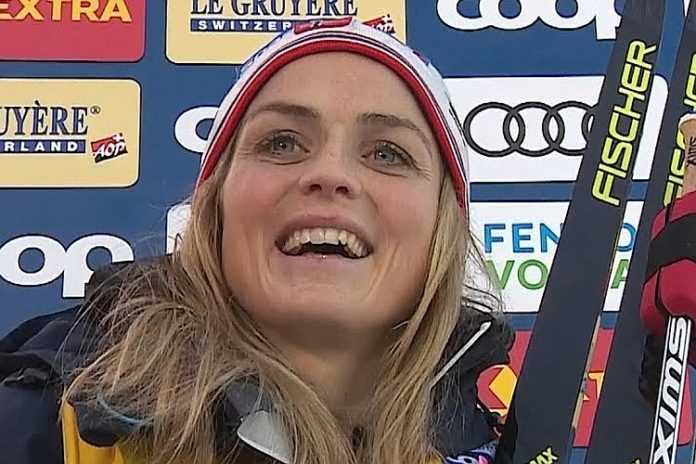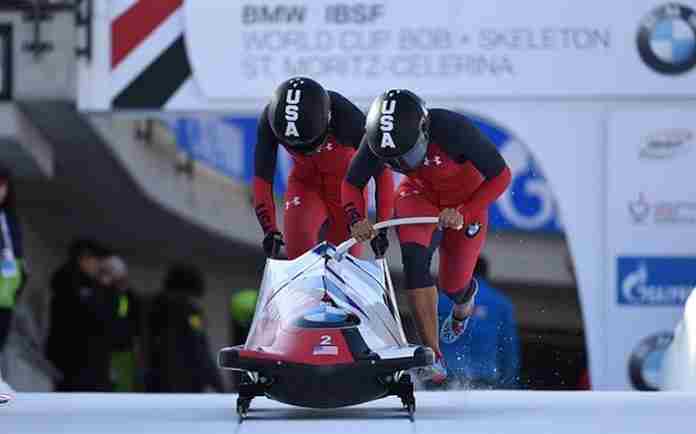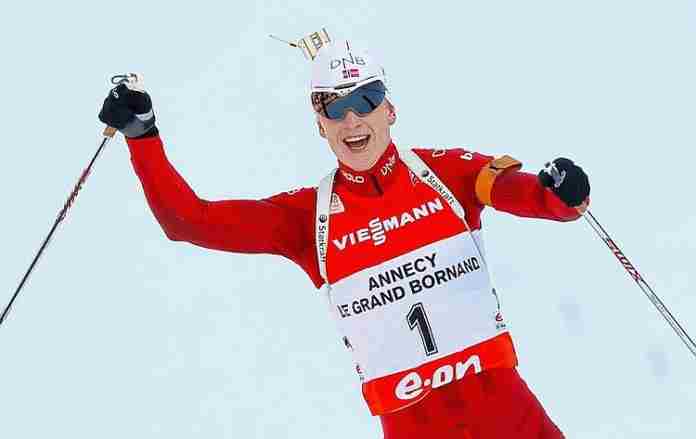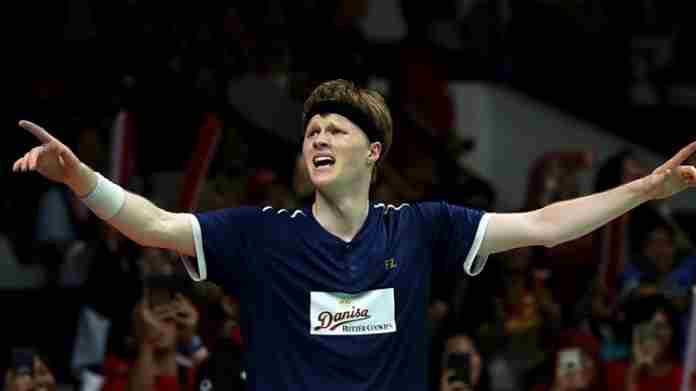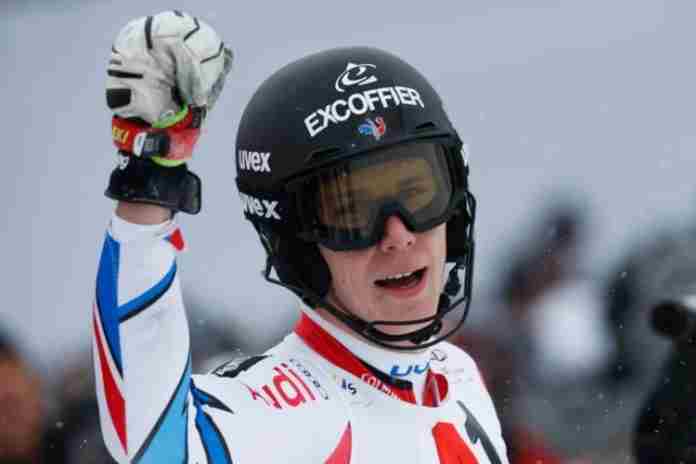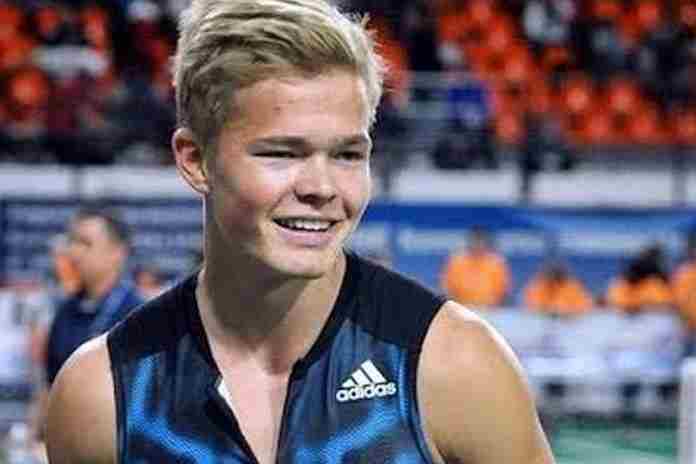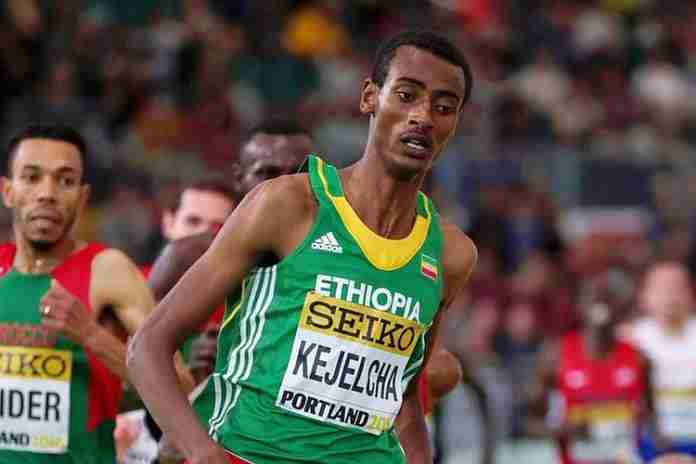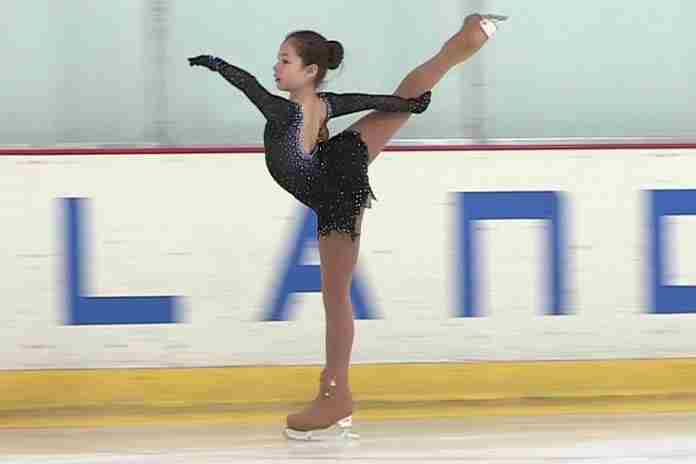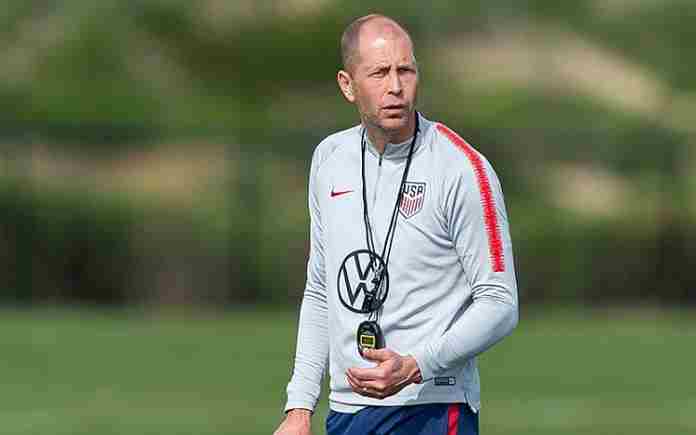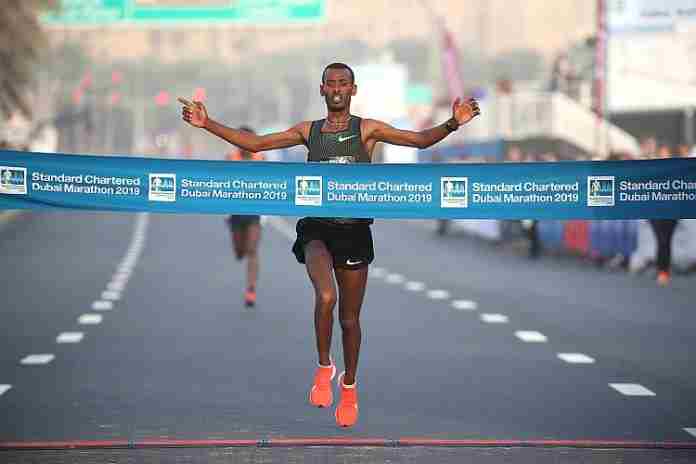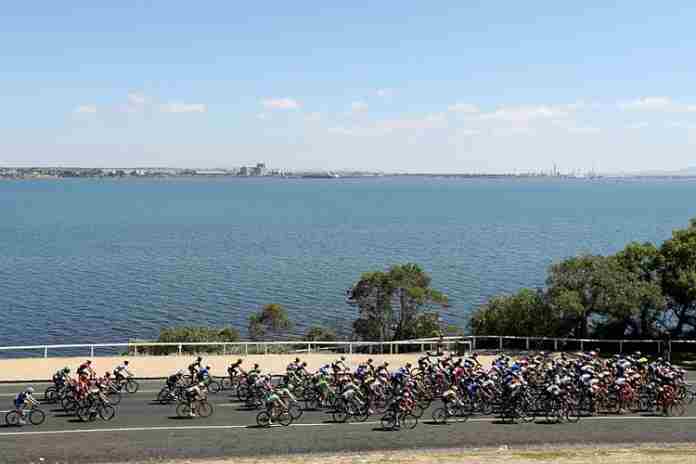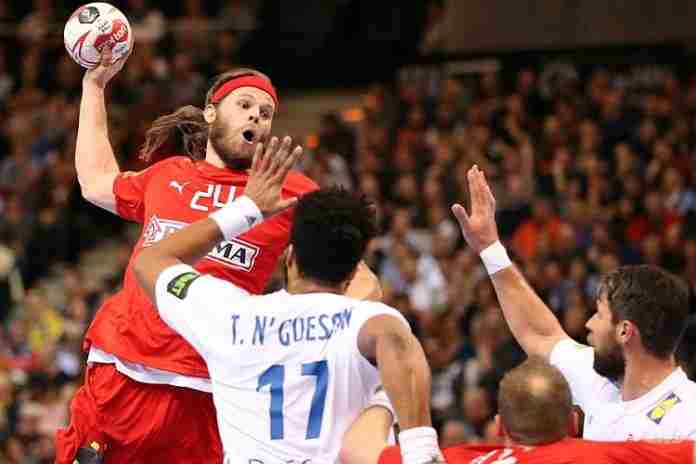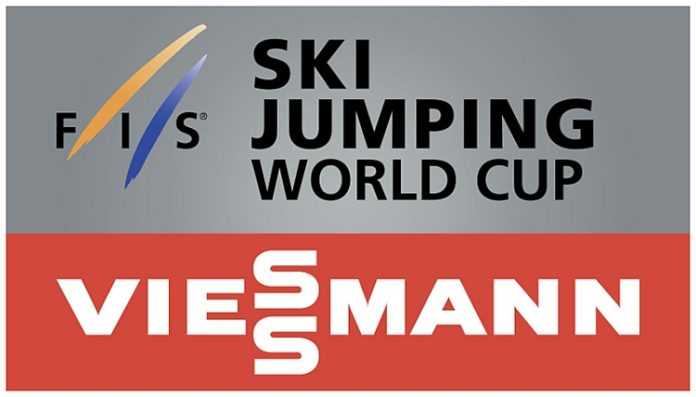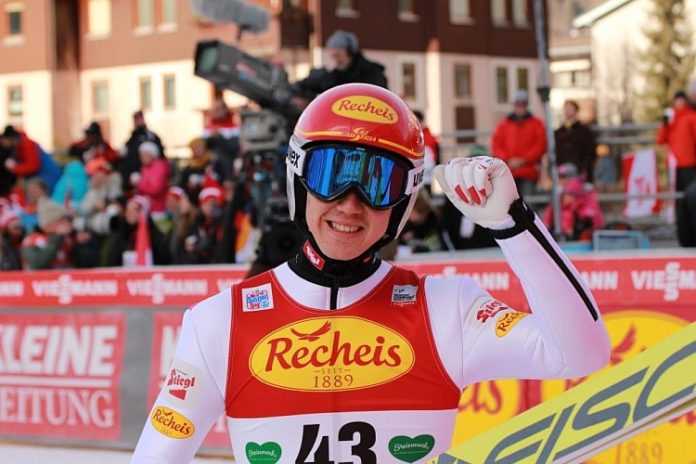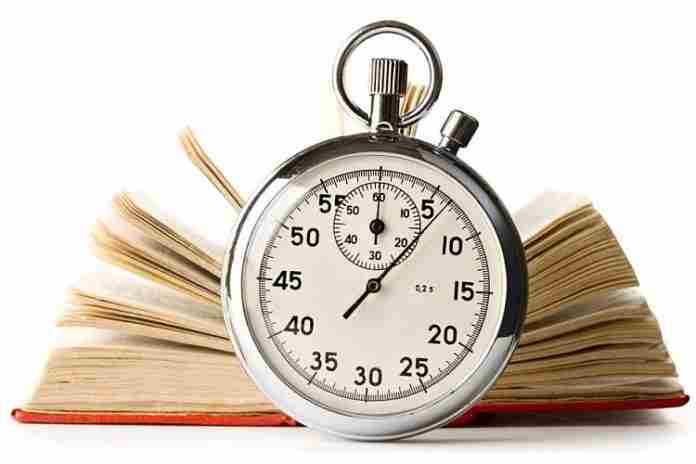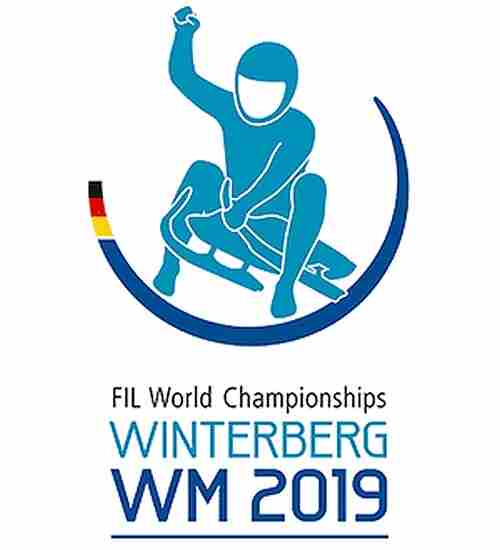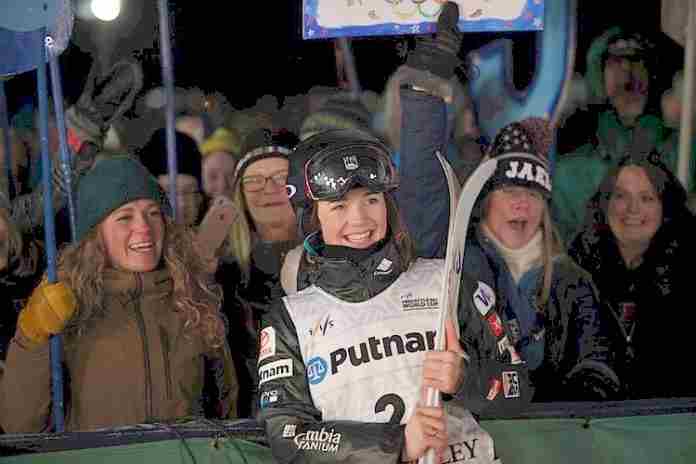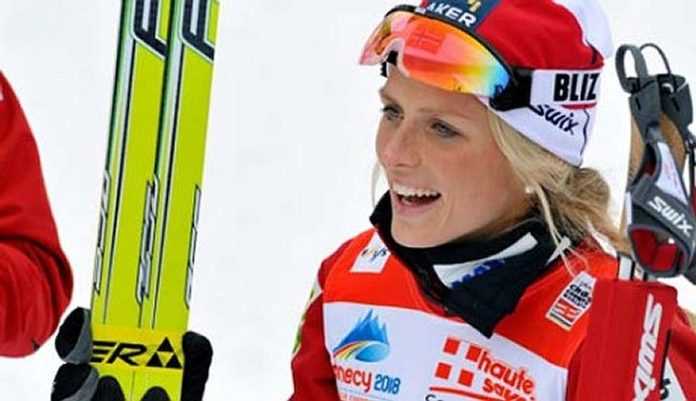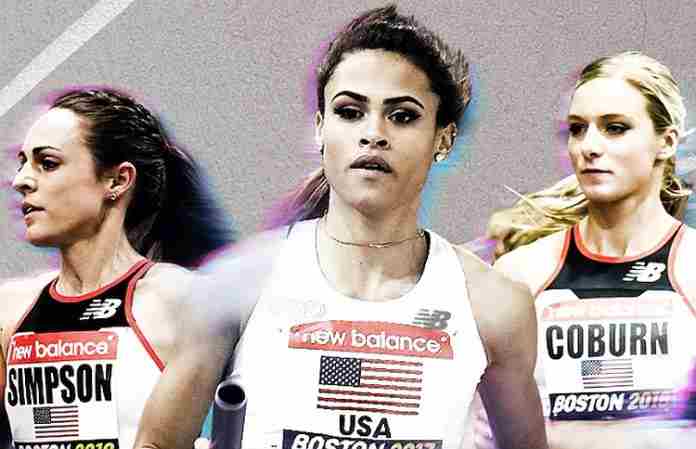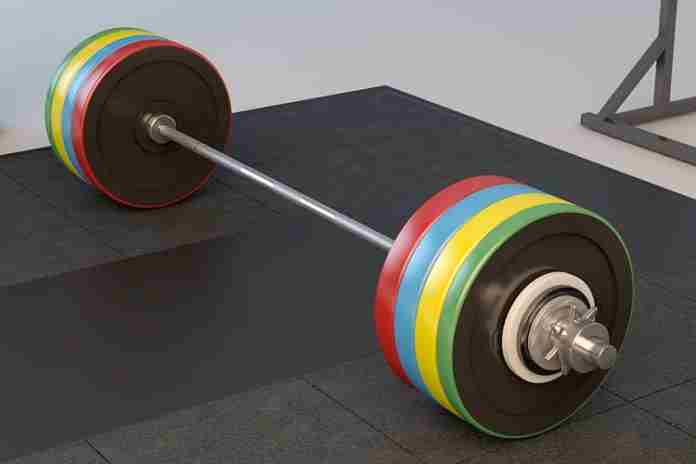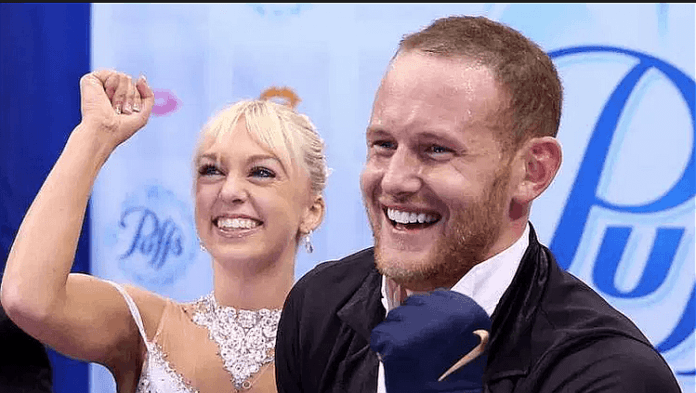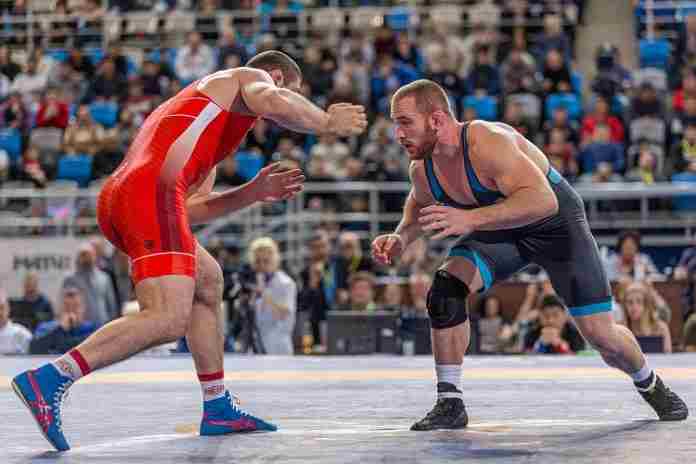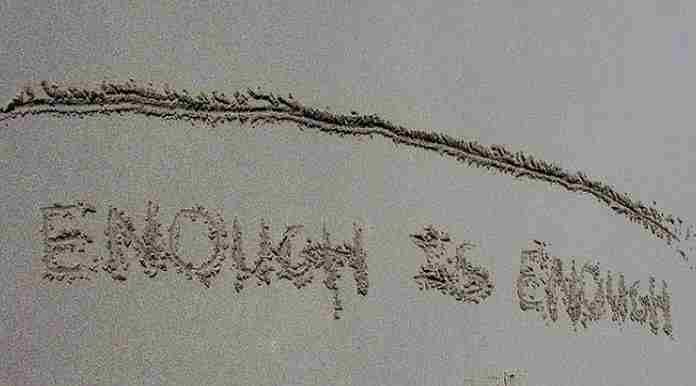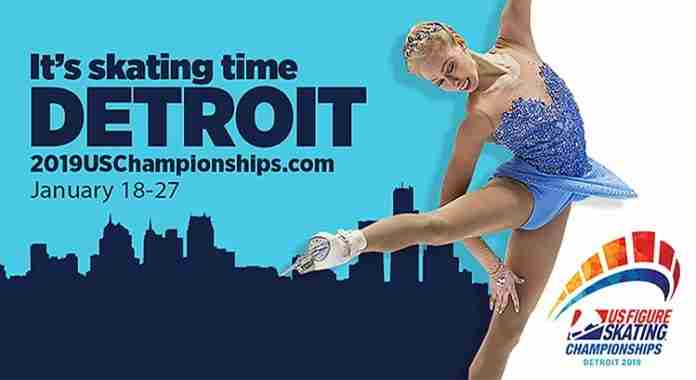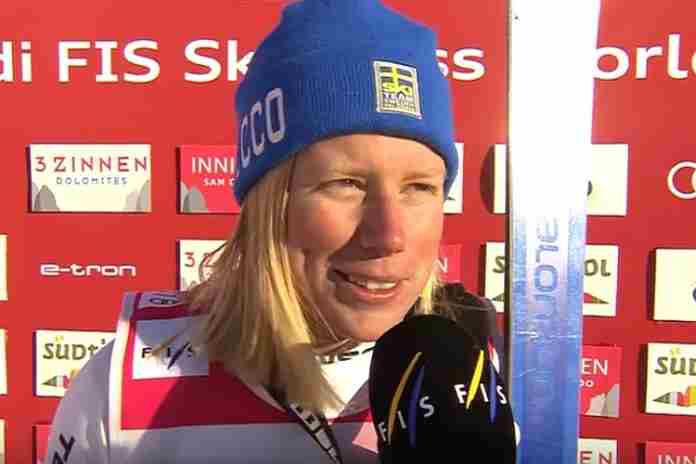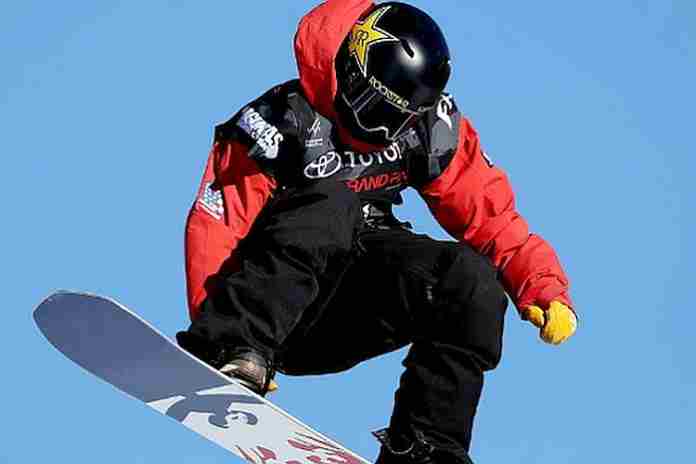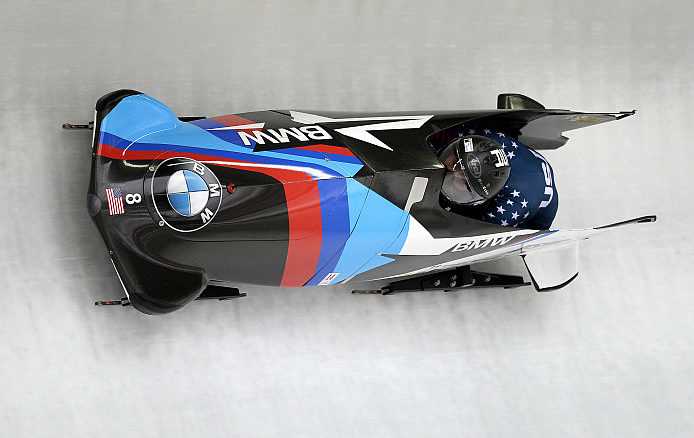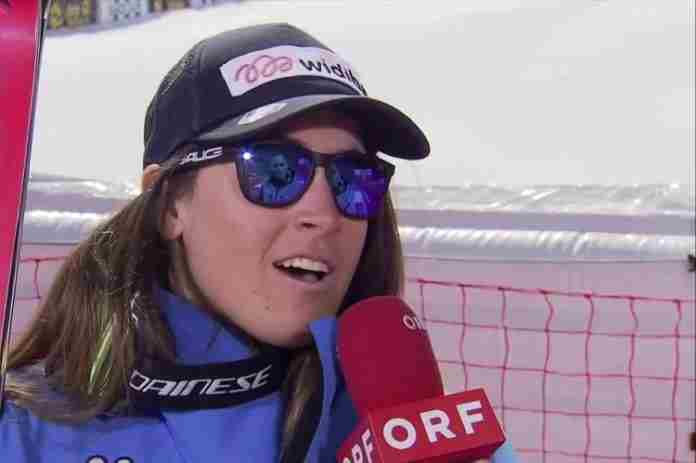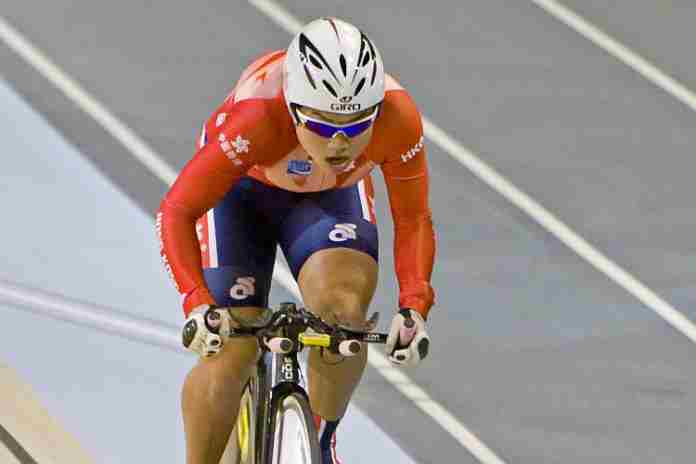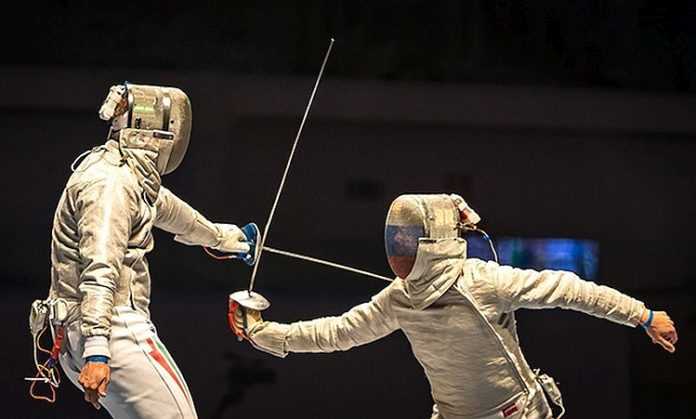One of the more important non-championship tournaments of the year was held in Krasnoyarsk (RUS) and showcased once more the power of the Russian men’s team: 10 wins in 10 classes at the 30th Ivan Yarygin Grand Prix.
The Russians were perfect, winning all of the men’s divisions, while the women’s division was split between Russia, Japan, Mongolia and the U.S.
As this was a UWW Ranking Tournament, it drew large fields and although the hosts were best, the American squad had some notable success, including two winners. Sarah Hildebrandt was the champion of the women’s 53 kg division and Tamyra Mensah-Stock continued a remarkable streak by winning her third straight title at this tournament. She dominated the women’s 72 kg class and won the final over Japan’s Yuka Kagami, 4-0.
Mensah-Stock has now won 12 straight matches at the Ivan Yarygin!
The U.S. also got medals from Tom Gilman (bronze: 57 kg) and Alex Dieringer (79 kg) in the men’s competition. Rio Olympic champion Kyle Snyder lost his first match at 97 kg and was eliminated. In the women’s events, Victoria Anthony won a bronze at 50 kg.
While some of the U.S. stars were wrestling in Siberia, the annual Dave Schultz Memorial International was taking place in Colorado Springs, Colorado. Bernard Futrell was recognized as the Outstanding Wrestler of the meet for his win at 65 kg. Rio Olympian Frank Molinaro won his second straight Dave Schultz gold with a victory at 70 kg. Summaries:
UWW Ranking Tournament/Ivan Yarygin Grand Prix
Krasnoyarsk (RUS) ~ 24-27 January 2019
(Full results here)
Men
57 kg: 1. Muslim Sadulaev (RUS); 2. Abasgadzhi Magomedov (RUS); Third: Lkhangarmaa Narmandakh (MGL) d. Wanhao Zou (CHN), 4-4 (criteria); Tom Gilman (USA) d. Bekhbayar Erdenebat (MGL), 14-8. Final: Sadulaev d. Magemedov, 4-4 (criteria).
61 kg: 1. Magomedrasul Idrisov (RUS); 2. Nikolai Okhlopkov (ROU); Third: Ramazan Ferzaliev (RUS) d. Otgonbaatar Gansukh (MGL), tech. fall (10-0); Eduard Grigoriev (RUS) d. Chinzorig Tsermaa (MGL), 5-0. Final: Idrisov d. Okhlopkov, 7-0.
65 kg: 1. Akhmed Chakaev (RUS); 2. Nachyn Kuular (RUS); Third: Gadzhimurad Rashidov (RUS) d. Cristian Damian Solenzal Lopez (CUB) , 2-1; Batmagnai Batchuluun (MGL) d. Tulga Tumur Ochir (MGL), 4-2. Final: Chakaev d. Kuular, 2-1.
70 kg: 1. Magomedrasul Gazimagomedov (RUS); 2. Mandakhnaran Ganzorig (MGL); Third: Byambadorj Enkhbayar (MGL) d. Askhat Slyamkhanov (KAZ), 8-0; Razambek Zhamalov (RUS) d. David Baev (RUS), 8-4. Final: Gazimagemedov d. Ganzorig, tech. fall (10-0).
74 kg: 1. Zaurbek Sidakov (RUS); 2. Yakup Gor (TUR); Third: Magomed Kurbanaliev (RUS) d. Franklin Maren Castillo (CUB), 4-3; Azamat Nurykau (BLR) d. Timur Bizhoev (RUS), 5-3. Final: Sidakov d. Gor, 5-4.
79 kg: 1. Akhmed Gadzhimagomedov (RUS); 2. Magomed Ramazanov (RUS); Third: Alex Dieringer (USA) d. Alan Zaseev (RUS), 0-0 (criteria). Final: Gadzhimagomedov d. Ramazanov, 6-2.
86 kg: 1. Dauren Kurugliev (RUS); 2. Fatih Erdin (TUR); Third: Vladislav Valiev (RUS) d. Shota Shirai (JPN), 0-0 (criteria); Uitumen Orgodol (MGL) d. Arturo Silot Torres (CUB), 7-0. Final: Kurugliev d. Erdin, tech. fall (12-1).
92 kg: 1. Magomed Kurbanov (RUS); 2. Batyrbek Tcakulov (RUS); 3. Ulziisaikhan Baasantsogt (MGL); round-robin, no medal matches.
97 kg: 1. Shamil Musaev (RUS); 2. Aliaksandr Hushtyn (BLR); Third: Igor Ovsiannikov (RUS) d. Batzul Ulziisaikhan (MGL), 4-1; Baki Sahin (TUR) d. Namkhai Batdorj (MGL), 4-0. Final: Musaev d. Hushtyn, 11-9.
125 kg: 1. Anzor Khizriev (RUS); 2. Taha Akgul (TUR); Third: Zelimkhan Khizriev (RUS) d. Zhiwei Deng (CHN), 9-7. Final: Khizriev d. Akgul, 7-3.
Women
50 kg: 1. Kika Kagata (JPN); 2. Anzhelika Vetoshkina (RUS); Third: Dauletbike Yakhshimuratova (UZB) d. Anudari Nandintsetseg (MGL), 3-2; Victoria Anthony (USA) d. Elena Vostrikova (RUS), 6-1. Final: Kagata d. Vetoshkina, tech. fall (10-0).
53 kg: 1. Sarah Hildebrandt (USA); 2. Natalia Malysheva (RUS); Third: Leila Karymova (RUS) d. Haley Augello (USA) , 0-0 (criteria); Sumiya Erdenechimeg (MGL) d. Ekaterina Poleshchuk (RUS), 11-6. Final: Hildebrandt d. Malysheva, 6-4.
55 kg: 1. Viktoriia Vaulina (RUS); 2. Nao Taniyama (JPN); Third: Bolortuya Bat Ochir (MGL) d. Ekaterina Verbina (RUS), 7-5. Final: Vaulina d. Taniyama, 7-0.
57 kg: 1. Tserenchimed Sukhee (MGL) 2. Olga Khoroshavtseva (RUS); Third: Bilyana Zhivkova Dudova (BUL) d. Khongorzul Boldsaikhan (MGL), 13 – 9; Grace Jacob Bullen (NOR) d. Becka Leathers (USA), tech. fall (10-0). Final: Sukhee d. Khoroshavtseva, 10-5.
59 kg: 1. Yuzuka Inagaki (JPN); 2. Svetlana Lipatova (RUS); Third: Battsetseg Altantsetseg (MGL) d. Sadraddinova Zelfira (RUS), 7 -4. Final: Inagaki d. Lipatova, 4-3.
62 kg: 1. Anzhela Fomenko (RUS); 2. Anna Shcherbakova (RUS); Third: Uliana Tukurenova (RUS) d. Yaquelin Estornell Elizastigue (CUB), 7-0. Final: Fomenko d. Shcherbakova, 0-0 (criteria).
65 kg: 1. Mariia Kuznetsova (RUS); 2. Misuzu Enomoto (JPN); Third: Bolortungalag Zorigt (MGL) d. Salikhova Dinara (RUS), 8-0; Yulia Prontsevitch (Rus) d. Forrest Molinari (USA), 4-1. Final: Kuznetsova d. Enomoto, 11-4.
68 kg: 1. Battsetseg Soronzonbold (MGL); 2. Davaanasan Enkh Amar (MGL); Third: Khanum Velieva (RUS) d. Iuliia Bartnovskaia (RUS), 9-0; Delgermaa Enkhsaikhan (MGL) d. Rio Watari (JPN, 4-3. Final: Soronzonbold d. Enkh Amar, 4-0.
72 kg: 1. Tamyra Mensah-Stock (USA); 2. Yuka Kagami (JPN); Third: Nasanburmaa Ochirbat (MGL) d. Milaimys De La Caridad Marin Potrille (CUB), 5-4; Evgeniia Zakharchenko (RUS) d. Tatiana Kolesnikova Morozova (RUS) , 8-4. Final: Mensah-Stock d. Kagami, 4-0.
76 kg: 1. Hiroe Minagawa Suzuki (JPN); 2. Vasilisa Marzaliuk (BLR); Third: Aline Focken (GER) d. Mabelkis Capote Perez (CUB), 4-0; Elmira Syzdykova (KAZ) d. Shakhribonu Ellieva (UZB), 12-2. Final: Suzuki d. Marzaliuk, 3-1.
Dave Schultz Memorial International
Colorado Springs, Colorao (USA) ~ 24-26 January 2019
(Full results here; all U.S. unless noted)
57 kg Freestyle: 1. Anatolii Buruian (MLD); 2. Steven Takahashi (CAN). Third: Darian Cruz d. Darthe Capellan (CAN), 2-1. Final: Buruian d. Takahashi, tech. fall, 14-4.
61 kg Freestyle: 1. Cody Brewer; 2. Samat Nadyrbek Uulu (KGZ); Third: Ben Whitford tech. fall Shelton Mack, 13-0. Final: Brewer tech. fall Uulu, 10-0.
65 kg Freestyle: 1. Bernard Futrell; 2. Evan Henderson; Third: Bryce Meredith d. Andrew Alirez, 7-2. Final: Futrell d. Henderson, 10-0
70 kg Freestyle: 1. Frank Molinaro; 2. Brandon Sorensen; Third: Dave Habat (SLO) dec. Sammy Sasso, 5-3. Final: Molinaro d. Sorensen, 3-1.
74 kg Freestyle: 1. Richie Lewis; 2. Dan Vallimont; Third: Joey Lavallee pinned Lavion Mayes, 5:09. Final: Lewis d. Valladont, tech. fall, 10-0.
79 kg Freestyle: 1. Aaron Brooks; 2. Nathan Jackson; Third: C.J. Brucki tech. fall D.J. Shannon, 12-2. Final: Brooks d. Jackson, tech. fall, 13-0.
86 kg Freestyle: 1. Pat Downey; 2. Kenneth Courts; Third: Brett Pfarr d. Joe Rau, 20-7. Final: Downey d. Courts, tech. fall, 12-2.
92 kg Freestyle: 1. Timothy Dudley; 2. Scottie Boykin; Third: Lucas Davison d. Joshua Manu, 8-8. Final: Dudley d. Boykin, 8-6.
97 kg Freestyle: 1. Ty Walz; 2. Blaize Cabell; Third: Kevin Beazley d. Evan Ramos (PUR), 7-7. Final: Walz d. Cabell, tech. fall, 11-0.
125 kg Freestyle: 1. Michael Kosoy; 2. Jere Heino (FIN); Third: Dom Bradley d. Tanner Hall, 4-1. Final: Kosoy d. Heino, tech. fall, 10-0.



















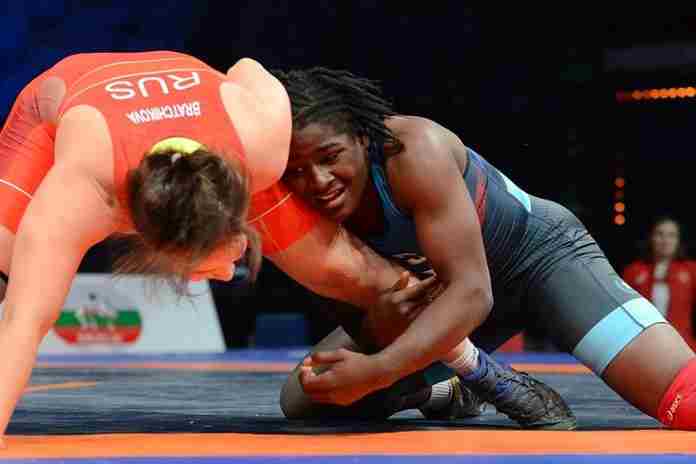
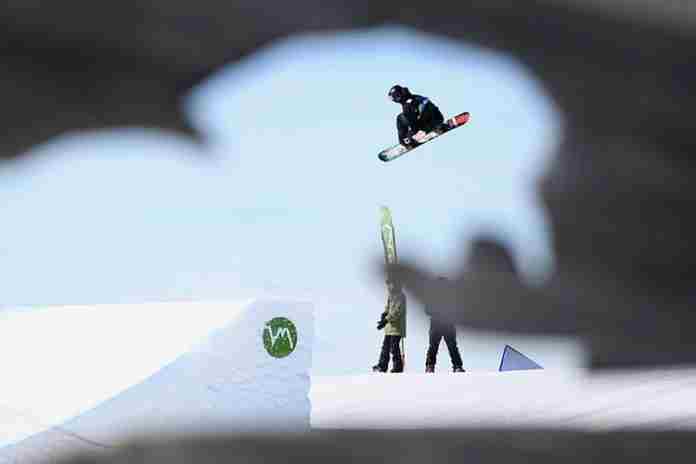
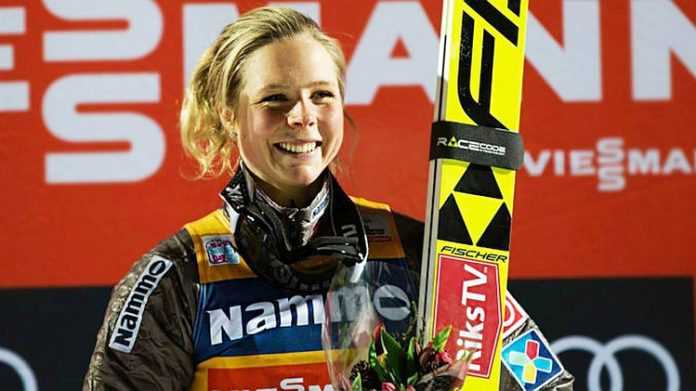
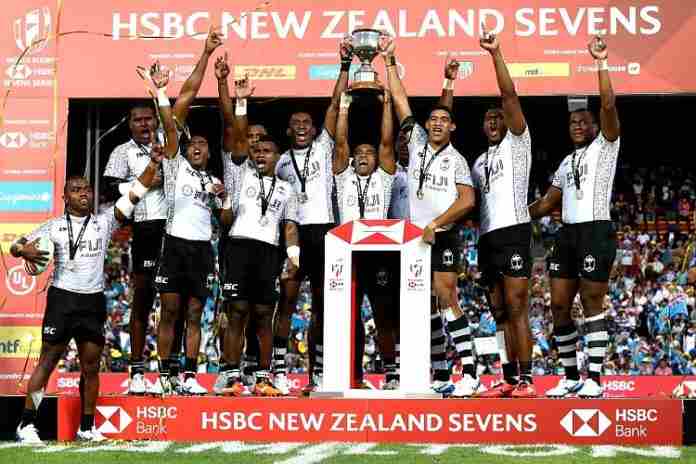
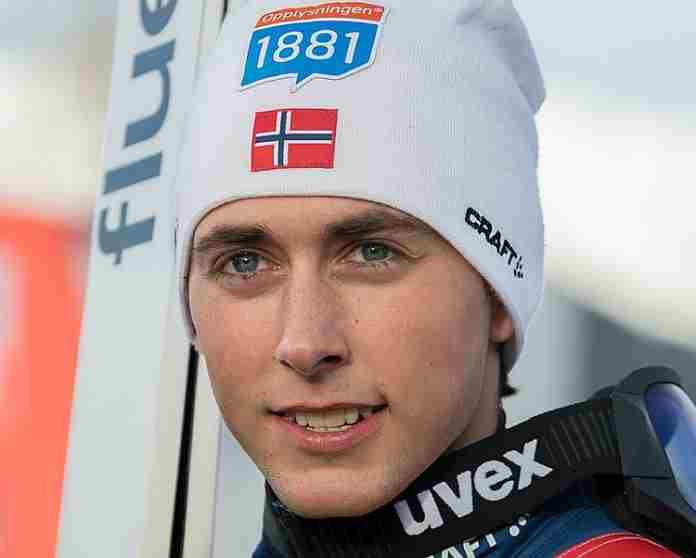
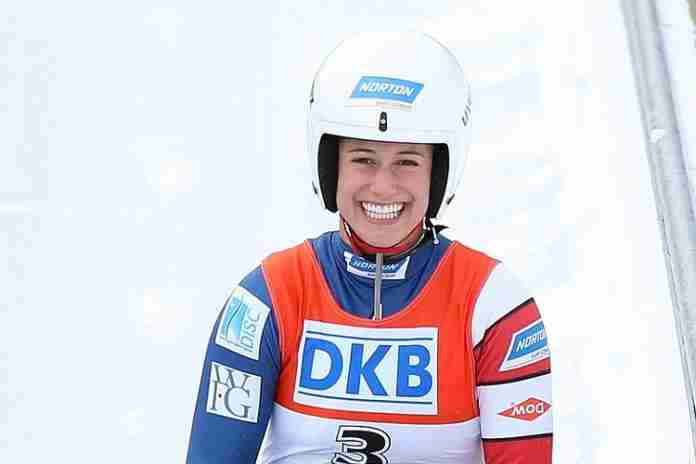
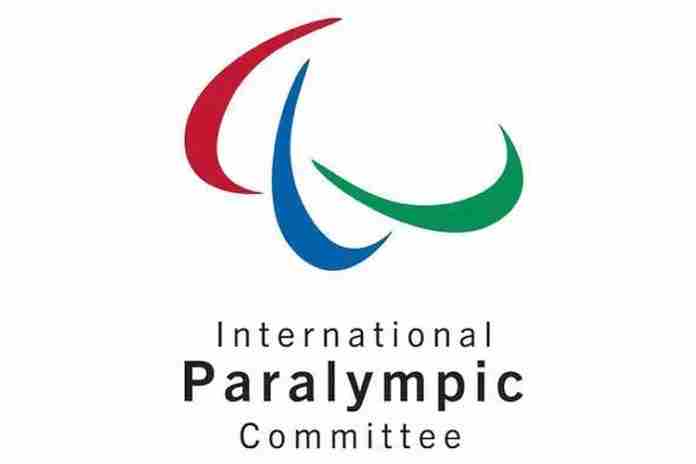
 It has not been lost on observers of the Olympic Movement that if you want to find an organization with a disciplinary backbone, look no further than the International Paralympic Committee (IPC).
It has not been lost on observers of the Olympic Movement that if you want to find an organization with a disciplinary backbone, look no further than the International Paralympic Committee (IPC).
